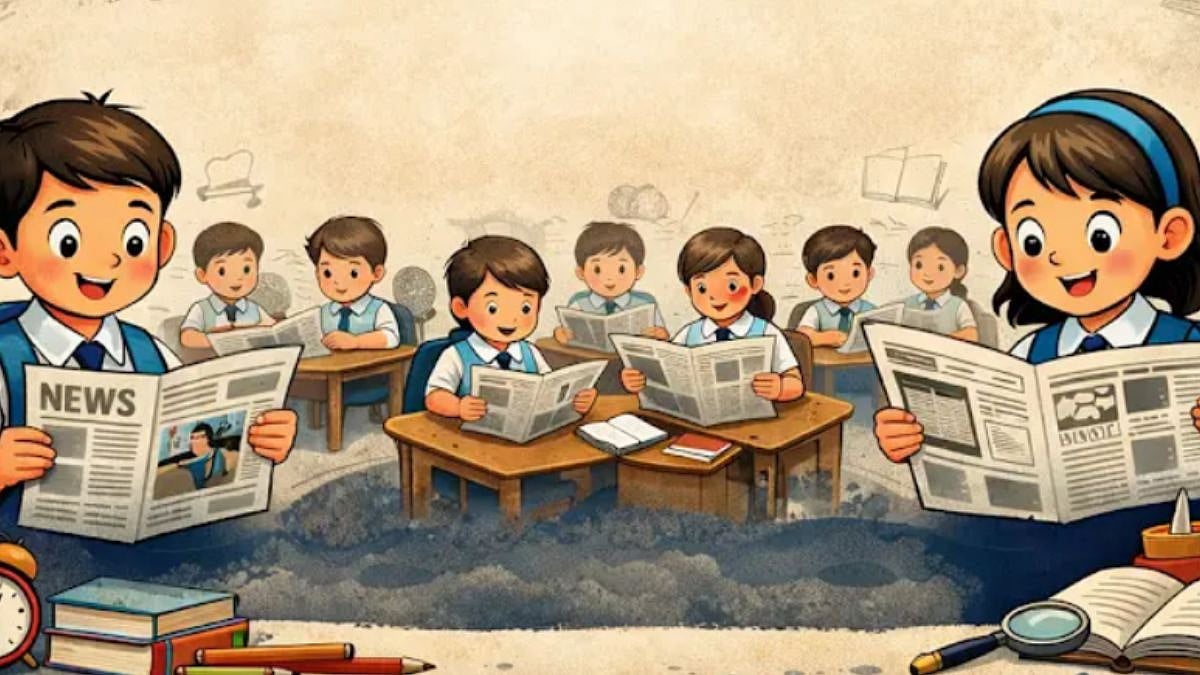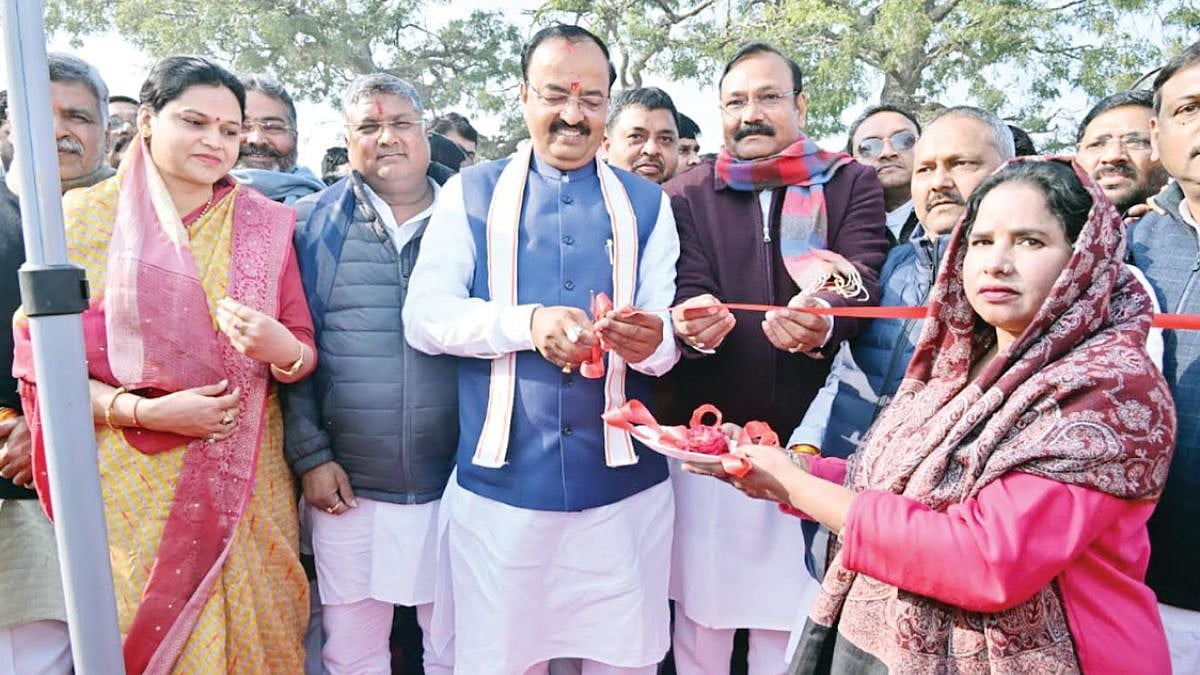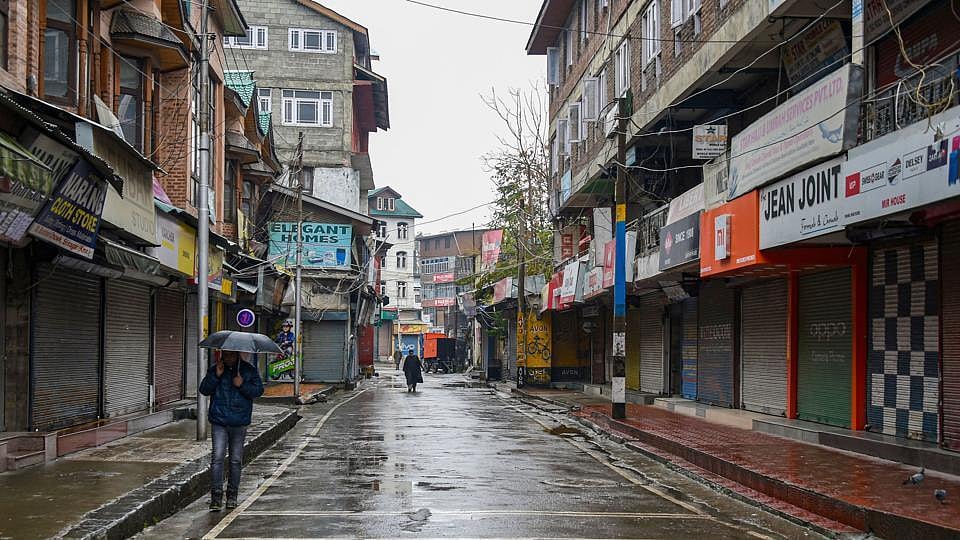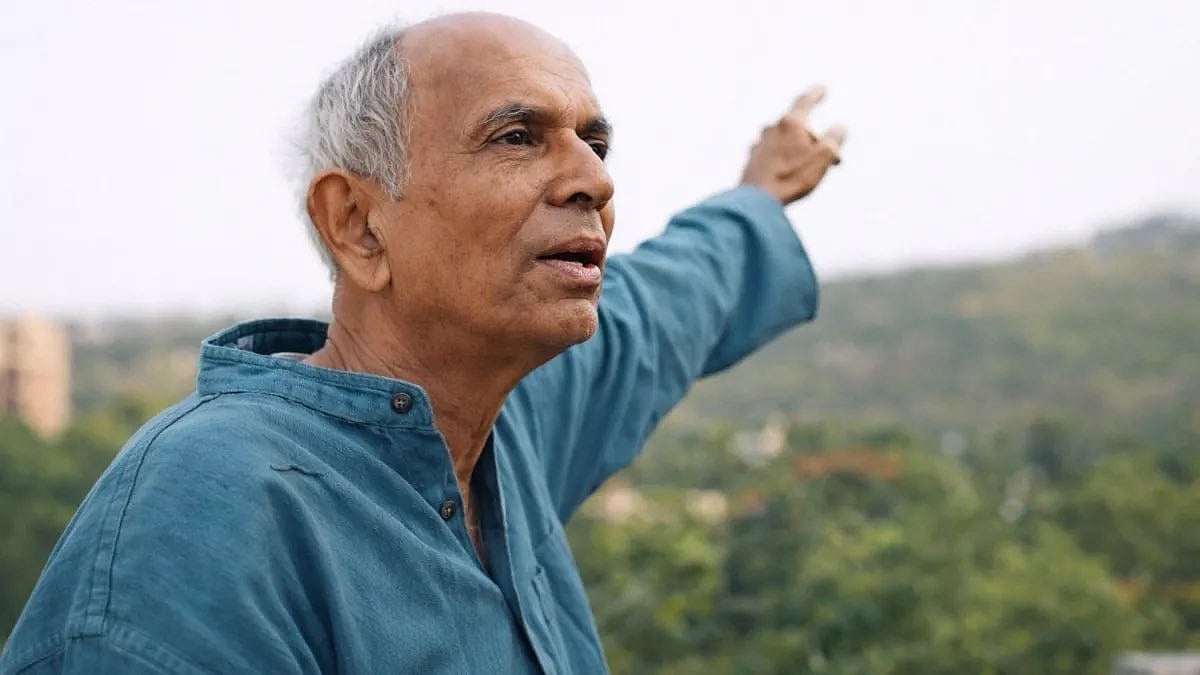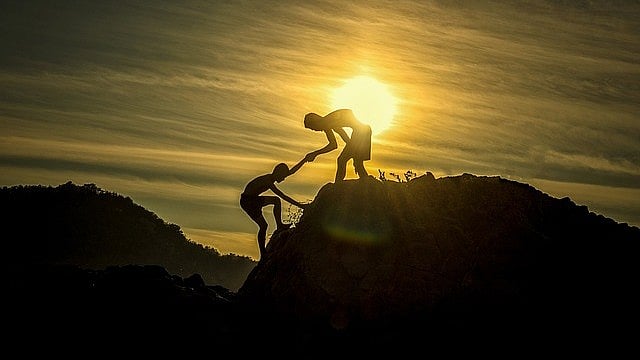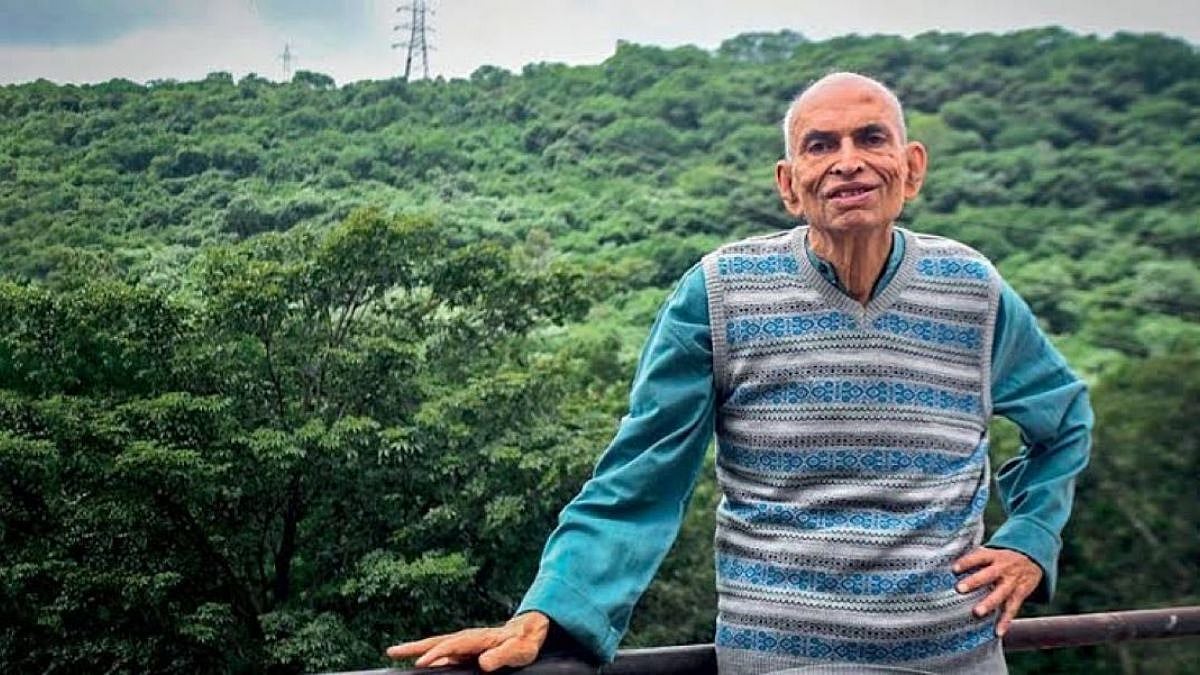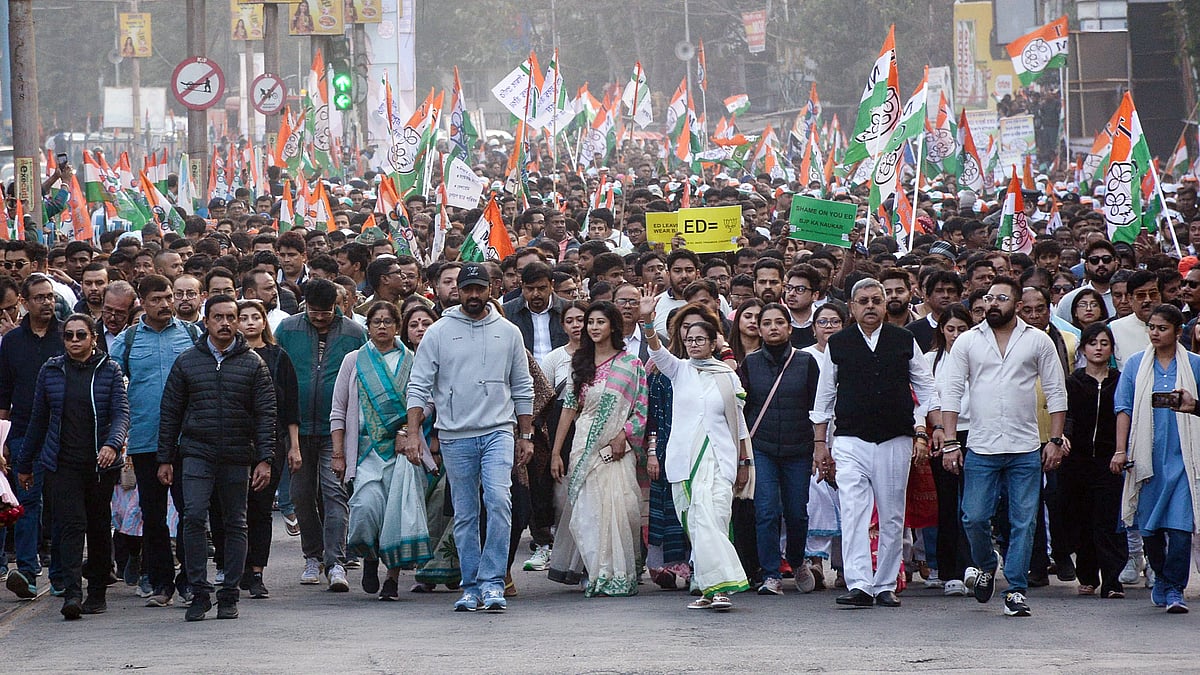The late Anil Madhav Dave, India’s environment minister from 2016-17, was known for cycling to Parliament, “(not) to get praise or a photo in a newspaper. I am doing it by choice”. His point was that climate change is, ultimately, a matter of choice. It is the sum of all the daily decisions we make, on what we need, why we buy, how we travel and where we dispose of waste. He was one of the few who recognized that effective action on climate change had to come from below.
For Dave, climate change was real, because it affected his beloved Narmada. He could see “irresponsible human activities” reducing India’s oldest and most sacred river to a “cricket pitch” in the near future. To gain first-hand knowledge of riverside communities and their challenges, he rafted down its 1,300km-length.
Greta has a point
Few politicians are as committed. Teen activist Greta Thunberg may have burnt her fingers by naively weighing in on India’s farm laws, but makes a fair point when she says global leaders have utterly failed to take climate action seriously. They are politicians, after all, and climate change is not a political issue in most countries of the world.
Geopolitical and domestic agendas push greenhouse gas emissions to the back of the queue. The sensational disclosures in the IPCC 2021 report are already off the front pages, the climate crisis having given way to matters of immediate moment, like Covid-19, OBC politics and not the least, football legend Lionel’s Messi’s move to PSG.
The one thing that Covid-19 did not change, climate scientists tell us, is the relentless increase in carbon-dioxide levels in the atmosphere, which breached 419 ppm in May 2021. Why didn’t the global shutdown during the Covid-19 pandemic reduce CO2 levels? Indeed, according to the measuring site at Mauna Loa, “the first five months of 2021 showed a 2.3 ppm increase over the same five months of 2020”.
Impact of GHG emissions
That’s what makes the impact of greenhouse gas (GHG) emissions even more scary. The global warming gas sticks around. Even if global GHG emissions are drastically cut now, there’s no slowing down the juggernaut – average temperature will rise by 1.5° Celsius in the next couple of decades. It’s going to take consistent green behaviour to put the brakes on warming to a point where the bulk of humanity can survive. Back in 1970, science fiction author Larry Niven speculated that humans would evolve and adapt to the new atmospheric conditions, but by then, billions would have been decimated.
The question of why, given alarming events like wildfires, heatwaves, cyclones, droughts, floods and so on, climate change is not a part of daily conversation, much less of behaviourial choices, has been asked over and over. Most people, not just the climate-sceptics, fail to recognise that climate change affects them directly and calls for immediate action, lest it spiral into an extinction-level event.
The media has taken note, created environment ‘beats’ and specialists, civil society and schools are talking ‘sustainability’ and eco-friendliness, communities and individuals are installing solar panels and harvesting water, global leaders are promoting green technologies and celebrating eco-warriors and in India, spiritual leaders are preaching harmony with nature. But it’s not enough; the pace and quality of the response both lack a sense of urgency.
People must step up
Many cling to the naive belief that science will solve the problem with magical technologies, like giant ‘space mirrors’ to block sunlight, or massive Azolla farms that will suck CO2 from the atmosphere. The European Union conceived a capitalist solution to a capitalism-induced problem, in the form of an emissions trading system (EUETS), based on the ‘polluter pays’ principle. It also meant that polluters could continue to pollute. In the words of the late environmentalist Anupam Mishra, “Yeh paap ka vyapaar hai (this is a trade in sin)”. Not surprisingly, carbon trading met with limited success, though it did make a few people very rich.
There’s no sense in blaming politicians or climate-sceptics - the push needs to come from below, and the people need to take ownership of the environment. Only then, as Dave said, will behaviour skew towards limiting consumption of resources and perceiving pollution as not merely illegal but community-unfriendly and therefore, socially unacceptable.
Changing the conversation in a way that evokes an emotional response, through films, stories and interactions, is one possibility. Presenting dystopic visions of the future, fear-mongering, hectoring by environmentalists and data-heavy reports by climate scientists, are alienating. On the other hand, the ‘Chipko’ movement, while it lasted, touched millions with its simple visuals of women hugging trees to conserve forests.
The point is that people, not technology, are at the centre of any climate debate. Only when the ‘samaj’ connects with climate change will the media, social and otherwise, consistently and relentlessly red-flag environmental violations and impacts – drying of water sources, chopping of forests for ‘development’, factories belching smoke, shoals of plastic on riverfronts and so on. And only then will pressure build up on global leaders to act.
The writer is a senior journalist with 35 years of experience in working with major newspapers and magazines. She is now an independent writer and author

